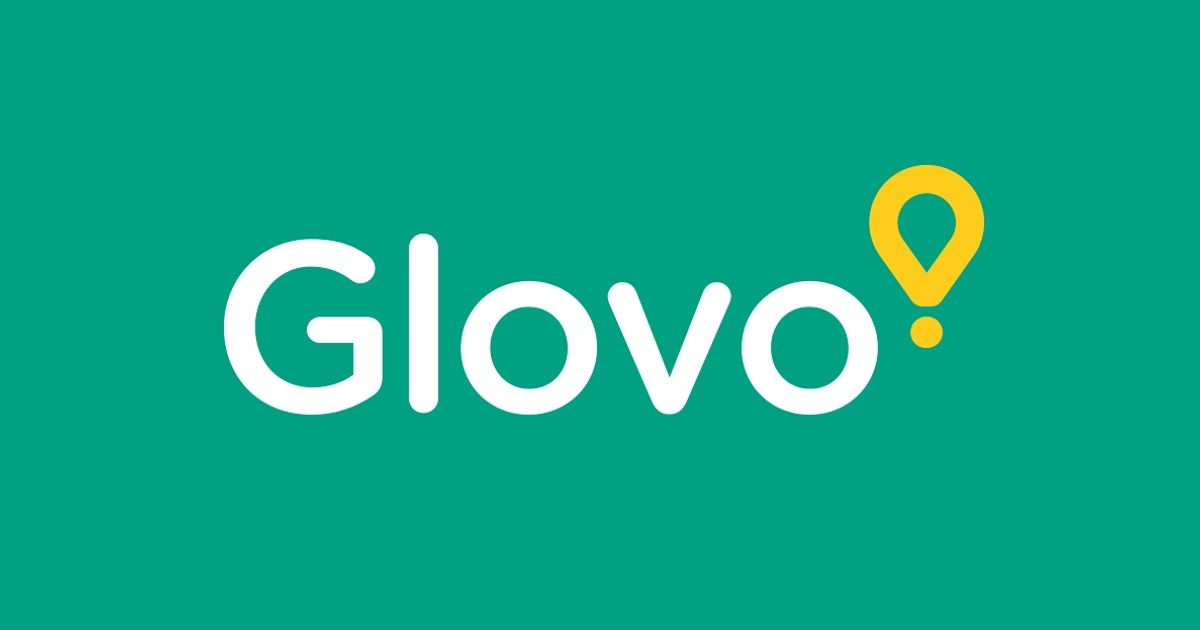Glovo, the ambitious Spanish home delivery company conquering the world
With an ambitious 27-year-old boss and a growing army of computer engineers, the home delivery start-up Glovo wants to conquer the world from Barcelona.

With an ambitious 27-year-old boss and a growing army of computer engineers, the home delivery start-up Glovo wants to conquer the world from Barcelona, amidst a gale of criticism over the working conditions of its workers. Oscar Pierre's first job barely lasted three months: it was in 2015, in Toulouse (France), at the aviation giant Airbus, an industry "a little slow" for his aspirations.
"I was looking for a different rhythm," this entrepreneur with a background in aeronautical engineering, a slender figure, and concentrated blue eyes explains to AFP. He now manages 1,500 people in 26 countries, half of them in his hometown of Barcelona, where he has new offices worthy of Silicon Valley: poufs, games, and a cafeteria decorated with Polaroid photographs of his young employees.
The entrance is presided over by the large yellow backpacks used by Glovo's 50,000 delivery boys. By bike or motorbike, they take home food from restaurants but also baby diapers, medicines, or flowers. Unlike their competitors like Deliveroo or UberEats, they do not restrict themselves to food. "Order what you want," he proposes the application. In 2019, Pierre foresees 250 million euros in sales, an increase of more than 200% compared to 2018 which closed with a rise of 350%.
Since 2015, Glovo has raised 460 million euros from investors attracted by this growing sector, recently reaching the status of a unicorn, the name given to new companies with a valuation of over one billion dollars. "It's very dizzying, a lot of pressure, but also very enjoyable because we know that what we are experiencing is unique," says this young man, born into a family of entrepreneurs. He hopes that his global expansion will start to pay off "within 18 months", even if his business is already profitable in Spain, Italy, or Portugal.
To grow, the company is looking for markets where the competition is less fierce than in Western Europe: Latin America, Kazakhstan, Ukraine, Morocco, Ivory Coast...
Optimizing delivery
Another pillar of its strategy: optimizing delivery times through algorithms developed by a hundred international engineers. 300 additional hires are expected in 2020. "We have to choose an artificial intelligence model capable of estimating the time it takes to prepare an order so that the delivery person arrives at the place practically when he is ready," since any waiting time is a waste of money, says Mustafa Sezgin, head of the IT division.
Meals account for three-quarters of their turnover but "we like to think that food is the start of something much bigger" like on Amazon, which started with books, explains Pierre, a fan of Jeff Bezos. Glovo has seven "dark stores", warehouses that house edible products destined for delivery, and plans to open 100 in two years. Objective? To guarantee their delivery in 15 minutes. It also aims to make it possible to make reservations at restaurants or cinemas or to offer cleaning services and home repairs.
Workers' complaints
But it is not his projects, but his distributors who took the lead in the press in Spain these last months with several strikes denouncing the pressure of work and the insufficient working hours to have a decent salary. Twenty-one of them took Glovo to court, accusing him of treating them as "false self-employed," subjecting them to the same conditions as regular employees but without paying any contributions for them.
The judicial criteria was disparate: 11 agreed with the distributors and 10 with Glovo, according to the company. And the Spanish social security system claims the unpaid contributions of hundreds of workers. For Pierre, the problem is not to know "if the 'glovers' are workers or free-lancers". "It's a new paradigm" that requires "new regulation of the sector", he says, suggesting imposing additional social coverage paid for by the company.
He points to the "flexibility" offered to delivery workers: "60% work part-time. But would they want to work more? "I don't have that information," he admits with surprise. To increase its delivery of men's income, Glovo wants to improve the application so that they can provide three services per hour, instead of the current two. "With technology, it can be done," promises Pierre.




